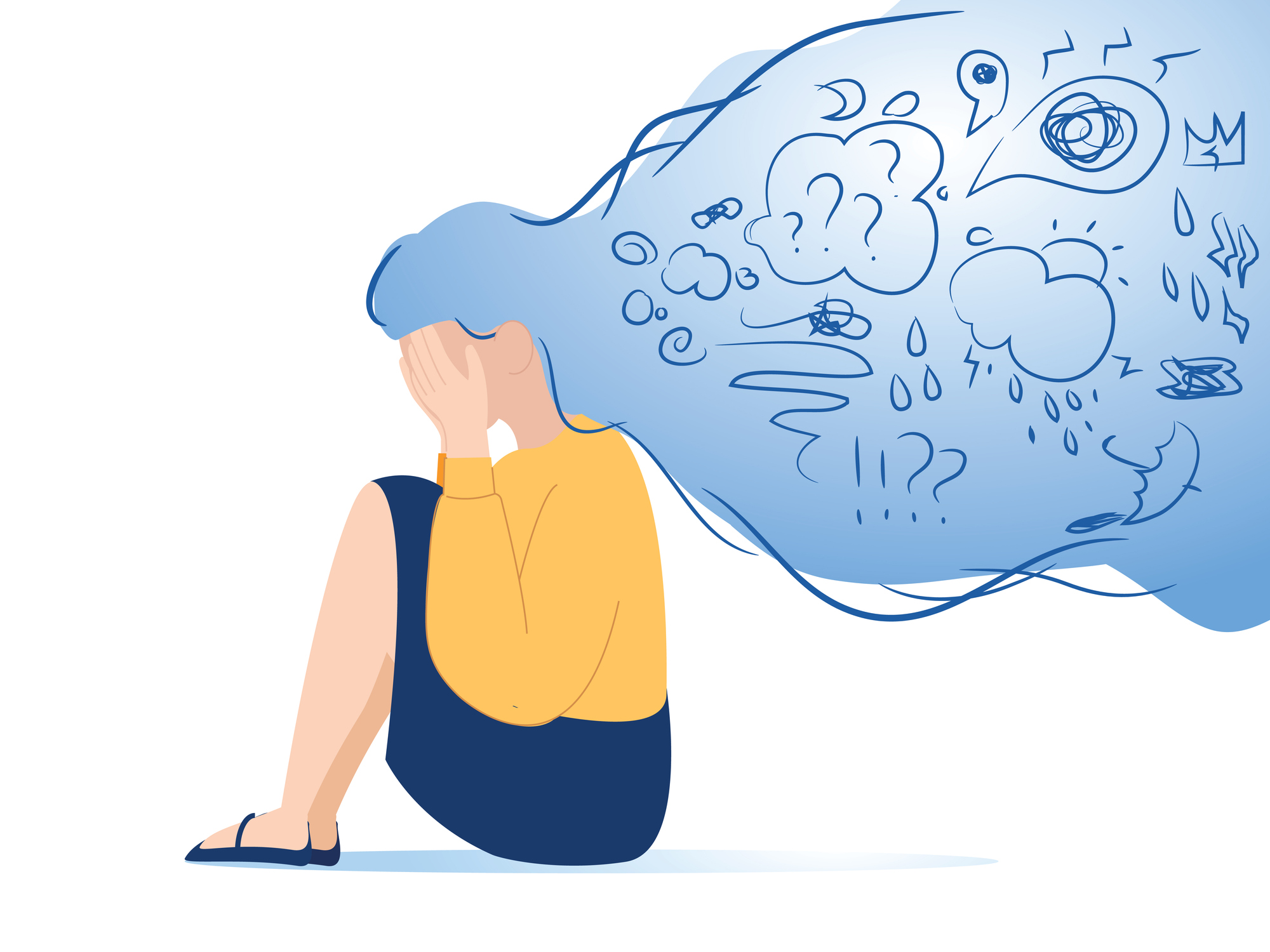To help raise awareness about the important of pediatric dental hygiene, February 5th has been designated Give Kids A Smile Day.
The Give Kids A Smile program was created by the American Dentist Association in 2003. It was a way for dentists to come together with their communities to provide dental services such as oral health, education, screenings, preventive health, and treatment to children in families in the U.S. who cannot afford it.
The event initially started out as a one-day event in February but has since grown into a national event annually. Almost one in four children under five already have cavities and 10 million children under the age of 18 receive no dental care. Give Kids A Smile remains an important part of the ADA’s Action for Dental Health. Their mission is to end any dental health problems in America by providing care to everyone, especially those who need it the most.
Flushing Hospital supports this very important day. To make an appointment at our pediatric dental clinic, please call 718-670-5521.
All content of this newsletter is intended for general information purposes only and is not intended or implied to be a substitute for professional medical advice, diagnosis or treatment. Please consult a medical professional before adopting any of the suggestions on this page. You must never disregard professional medical advice or delay seeking medical treatment based upon any content of this newsletter. PROMPTLY CONSULT YOUR PHYSICIAN OR CALL 911 IF YOU BELIEVE YOU HAVE A MEDICAL EMERGENCY.



